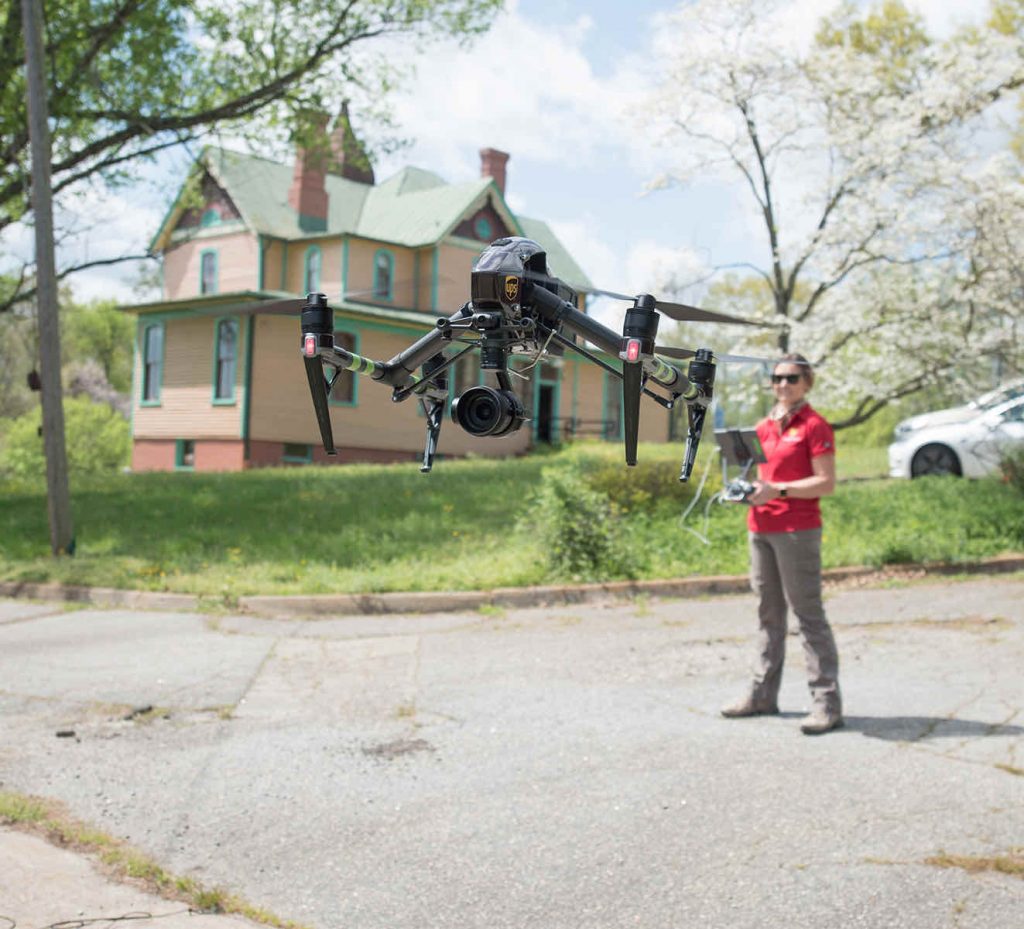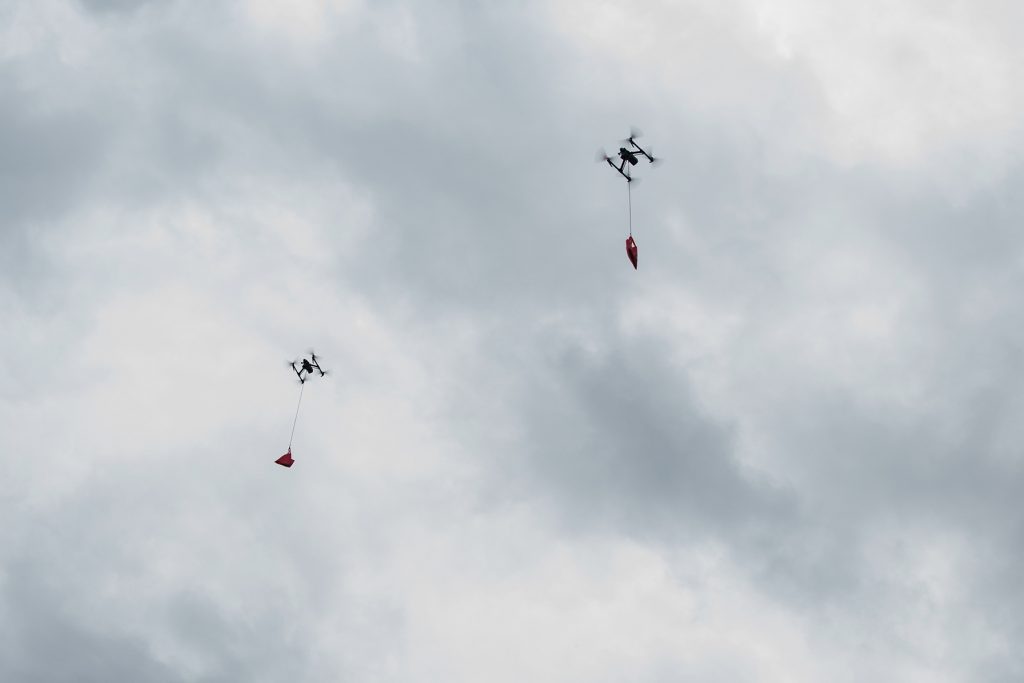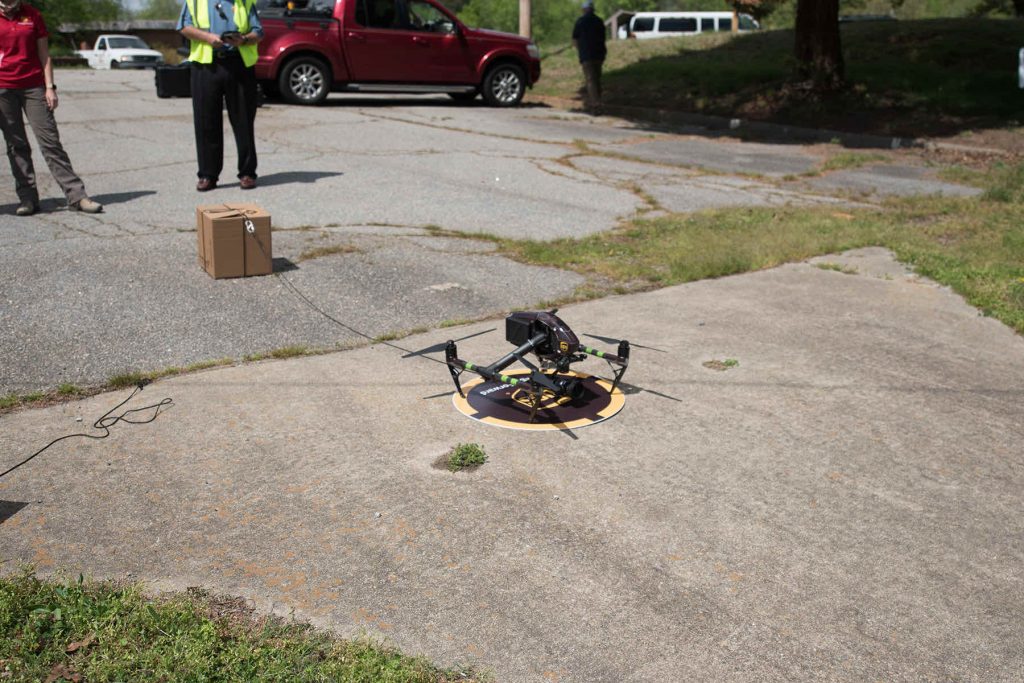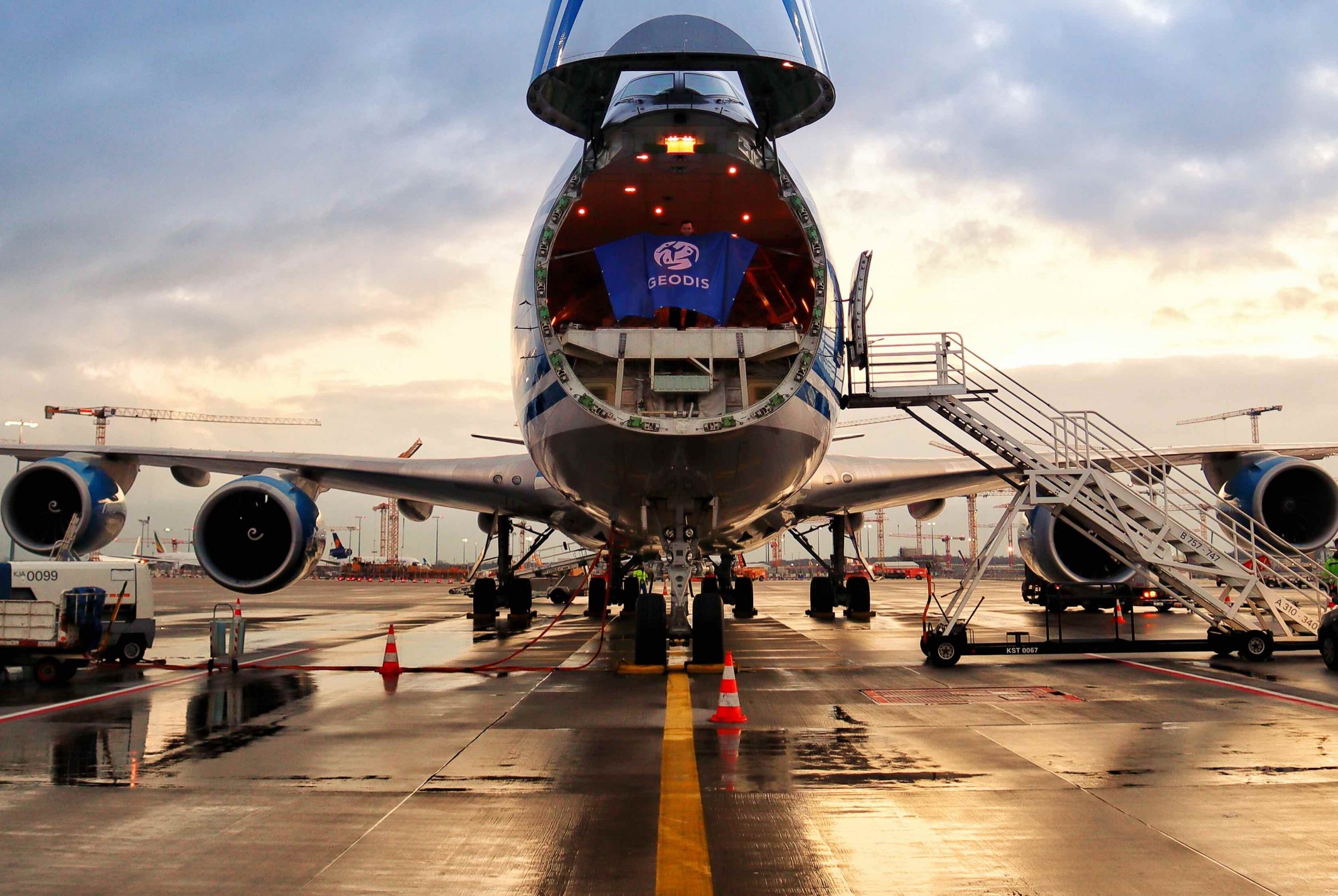
UPS drone delivery subsidiary UPS Flight Forward (UPSFF) has taken part in tests to determine how unmanned aerial systems can assist medical professionals in their fight to stop the spread of the Coronavirus.
UPSFF teamed up with Virginia’s Center for Innovative Technology (CIT) and drone technology companies DroneUp and Workhorse Group (WKHS)
Experts in the healthcare industry and in government are calling for technology solutions that can speed the pace of testing and treatment for infected patients. Technology leaders see autonomous drones as a potentially valuable solution.
Said Virginia Governor Ralph Northam: “Drones can be an important way to deliver medical supplies while people stay home to adhere to our social distancing guidelines. Virginia is well-positioned to be a leader in the unmanned system industry, and we are pleased to be part of this initiative.”
The tests in Virginia evaluated the commercial drone industry’s ability to provide and scale small unmanned aerial systems to support various use cases to speed and assist the US healthcare system during the Coronavirus crisis.
“We’ve proven through ongoing commercial drone delivery programs that effective drone delivery of medical products is faster than conventional ground-based transportation,” said Scott Price, UPS chief strategy and transformation officer.
“Drones offer a low-touch option for delivery of lab specimens and medical products that could make a significant impact in an urgent response application.”
Data collected during this fast-paced simulation will be used to determine how private-sector drone operators can effectively supplement emergency response and certain patient care.
“Many in the public – along with federal, state and local officials – are asking how drones can be used in this time of crisis,” said Tom Walker, DroneUp CEO.
“Rather than speculate, it is incumbent upon our industry to conduct operationally-based exercises that produce factual data and lessons learned to ensure we can respond safely, effectively and efficiently when called upon.
“Data collected now will impact our capabilities beyond the COVID-19 outbreak we are currently facing.”
The three day of exercises focused on delivery to residential and commercial areas with the aim of determining the following:
- Safe operational capacities based on existing technologies, policies, personnel and environmental restrictions
- Airspace de-confliction and operator safety policies necessary for peak optimal capacity
- Processes, policies and training necessary to conduct efficient, safe and effective delivery operations during day and night
- Proposed policy changes that would further enable the use of these autonomous airborne advanced technologies
Last year, UPS initiated the first ongoing revenue-generating drone delivery service at WakeMed’s flagship hospital and campus in Raleigh.
UPS also established UPS Flight Forward, which later earned the Federal Aviation Administration’s standard Part 135 Standard certification to operate a drone airline.
DroneUp provides end-to-end aerial data collection services for its clients. The company also qualifies and deploys drone pilots to serve a variety of commercial industries.
Workhorse makes electrically powered utility and delivery vehicles, including drones. In 2017, UPS and Workhorse successfully tested delivery drones launched from the top of a UPS package delivery van.



